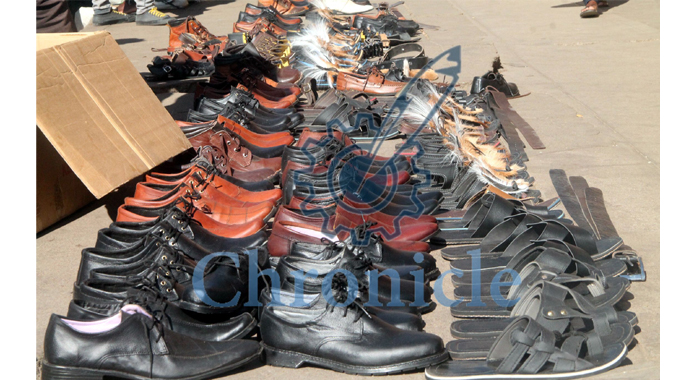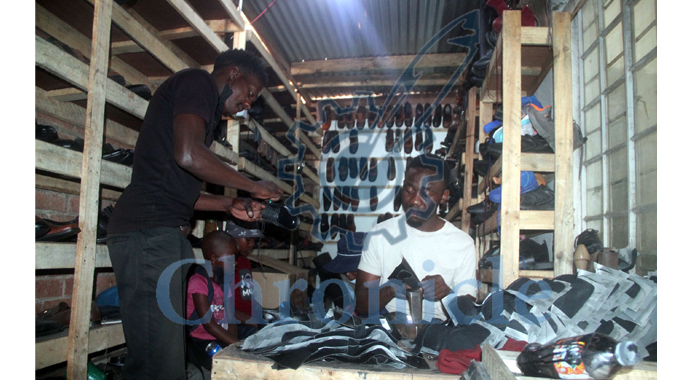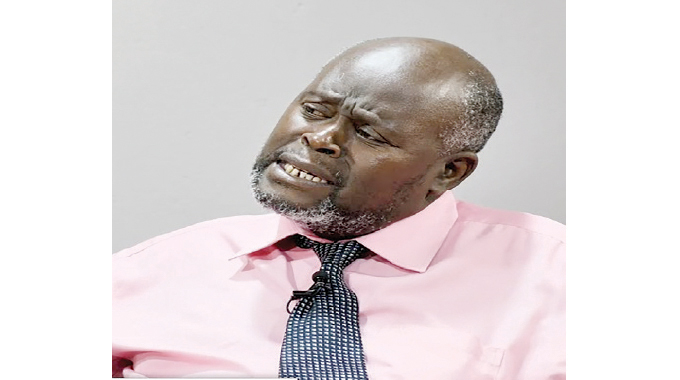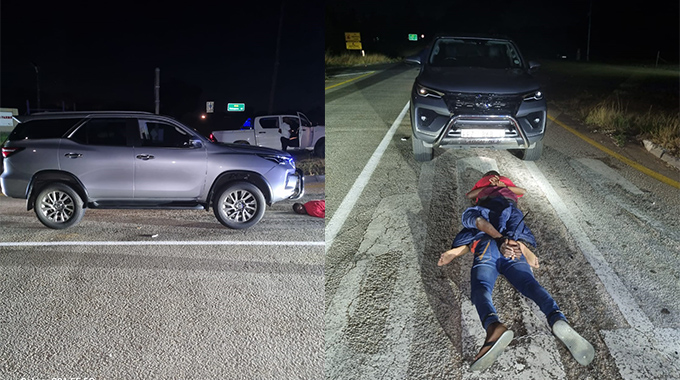Leap of faith pays for Bulawayo shoemaker

Flora Fadzai Sibanda, Chronicle Reporter
A SHOEMAKER from Bulawayo’s Mzilikazi suburb took a leap of faith in 2016 and abandoned his job in the construction industry to concentrate on his childhood hobby of making shoes.
Mr Gift Chipungu (43) who was convinced there was a gap in the shoemaking business, is now an employer of 15 people.
Mr Chipungu says he does not regret the decision that he took six years ago as some of the shoes that he manufactures are now popular on the streets of Bulawayo.

Some of the shoes Mr Gift Chipungu makes
He manufactures a wide range of shoes including sandals, leather shoes popular with farmers, school shoes. He also makes belts and wallets from the offcuts.
Bulawayo has in the past few years seen an increase in the number of individuals producing high quality handmade shoes.
Most of them sell their products along Leopold Takawira Avenue between Joshua Mqabuko Street and Fort Avenue.
Mr Chipungu who operates from a small room along Joshua Mqabuko Nkomo Street between 6th Avenue and Leopold Takawira says his shoes are very popular because they are of very high quality.
He says he has not branded his shoes but believes his biggest brand is the livelihoods that he has touched through the production of high quality yet affordable shoes.

Shoe sellers
The self-taught shoemaker said in 2016 with a capital of US$1 600 they together with his three colleagues started manufacturing shoes and in 2018 they shared the profits.
Mr Chipungu said his colleagues later ventured into other businesses but he continued making shoes.
He said he sells some of the shoes at wholesale prices to individuals who are involved in the business of selling shoes.
“I was a builder before deciding to be a shoemaker. I left construction because we were earning peanuts. I was tired of being someone’s employee and I also realised that a salary would never be enough. Instead of complaining about a poor salary I decided to start my own business of producing shoes. I already had the skill as I was making shoes before I trained as a builder”, said Mr Chipungu.
He said when they started each of them contributed US$400 which they used to buy raw materials.

Shoe makers
Mr Chipungu said he first taught his new business partners how to make the shoes at his home in Mzilikazi.
“We bought shoe soles and laces from South Africa where they are cheaper compared to local prices.
Two months after we started making the shoes, people started making inquiries, a confirmation that we were making good products,” said Mr Chipungu.
He said after working for two years in his backyard, his colleagues felt they had all gained the much-needed experience and it was time to work independently.
“In 2018 we shared the profits we had made in the two years and they ventured into other businesses but I continued producing shoes. That is when I decided to set up a base here which is closer to my clients and also a stone throw from where I get my raw materials,” said Mr Chipungu.
He said he initially engaged four people to sell his shoes on commission and because of the high demand for his shoes he now has 15 people selling the shoes.

Mr Chipungu said he sells a minimum of 65 pairs of shoes per week and the prices range from US$5 to US$25 a pair depending on the quality of the shoes.
He said he is struggling to penetrate the formal market so that his shoes can be sold by retail outlets.
One of Mr Chipungu’s employees Mr Tanaka Moyo said he has worked under him for four years.
“He has taught me a lot of things which I did not know. Working in this industry has been good and one does not go hungry. There is always money from selling shoes as there is high demand for shoes,” said Mr Moyo.
Mr Dennis Ncube who sells the shoes in the city centre said he was doing piece jobs before he was engaged by Mr Chipungu.
He said the only challenge they face is that they operate illegally as they are constantly running from municipal police.












Comments